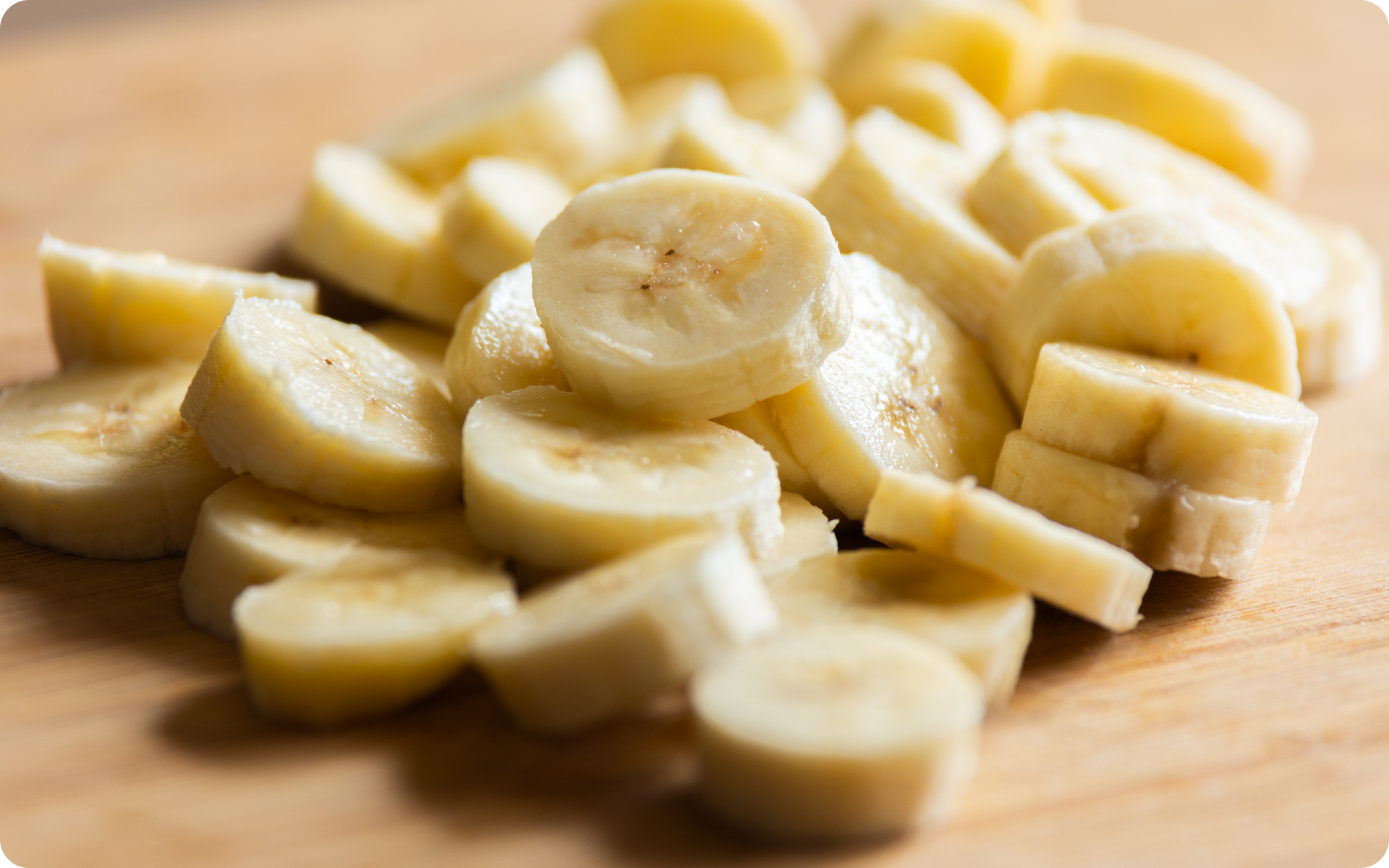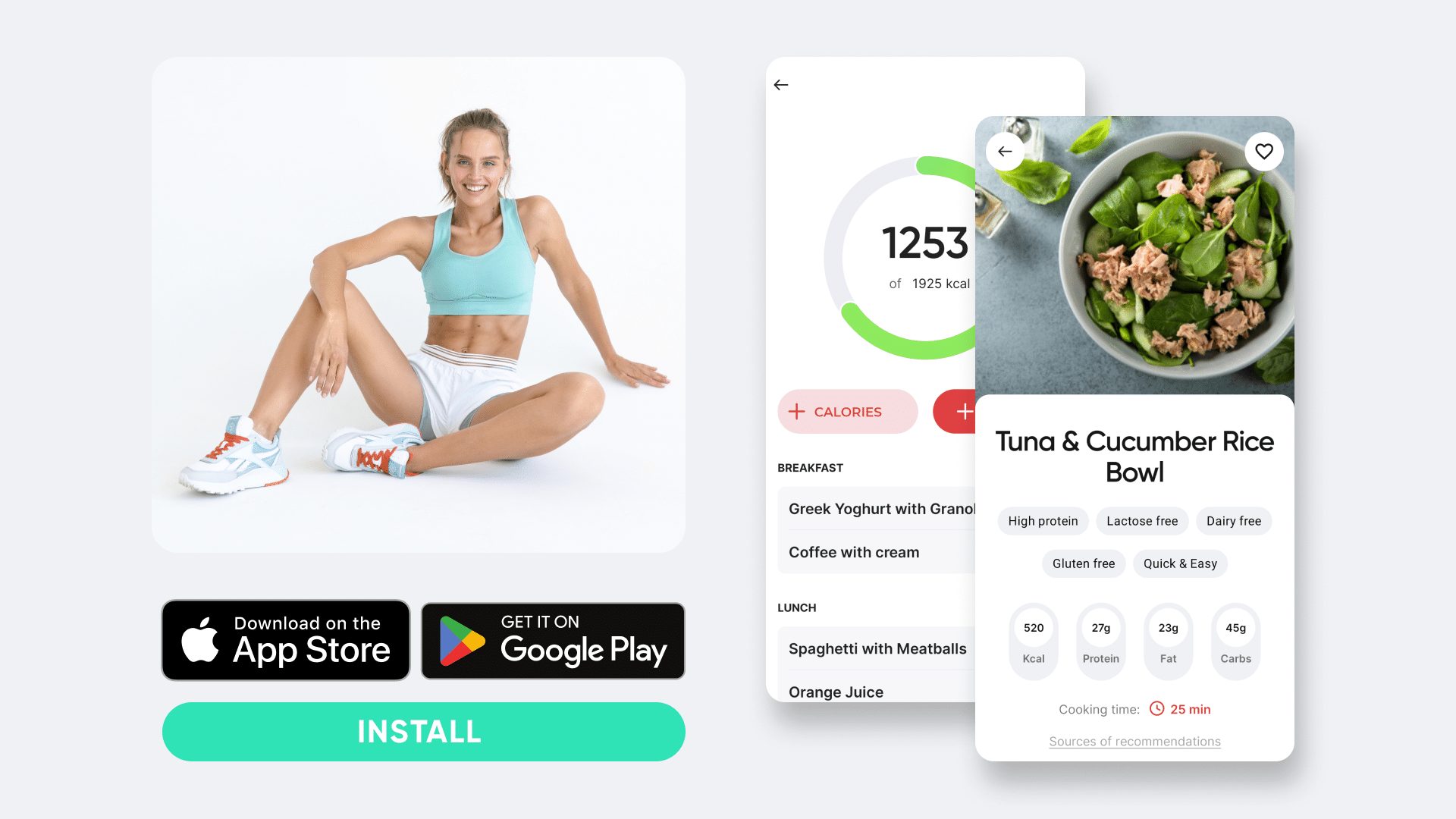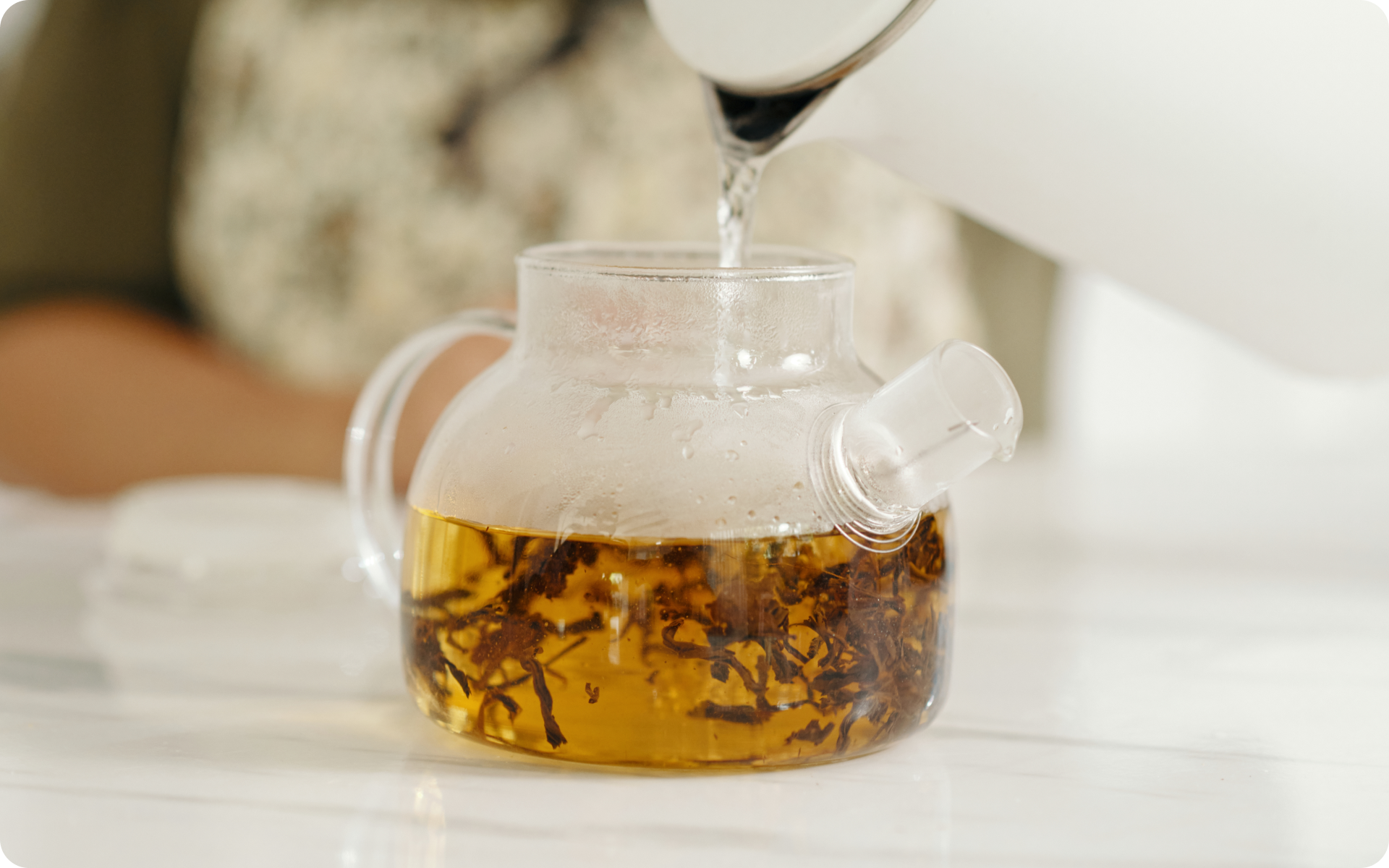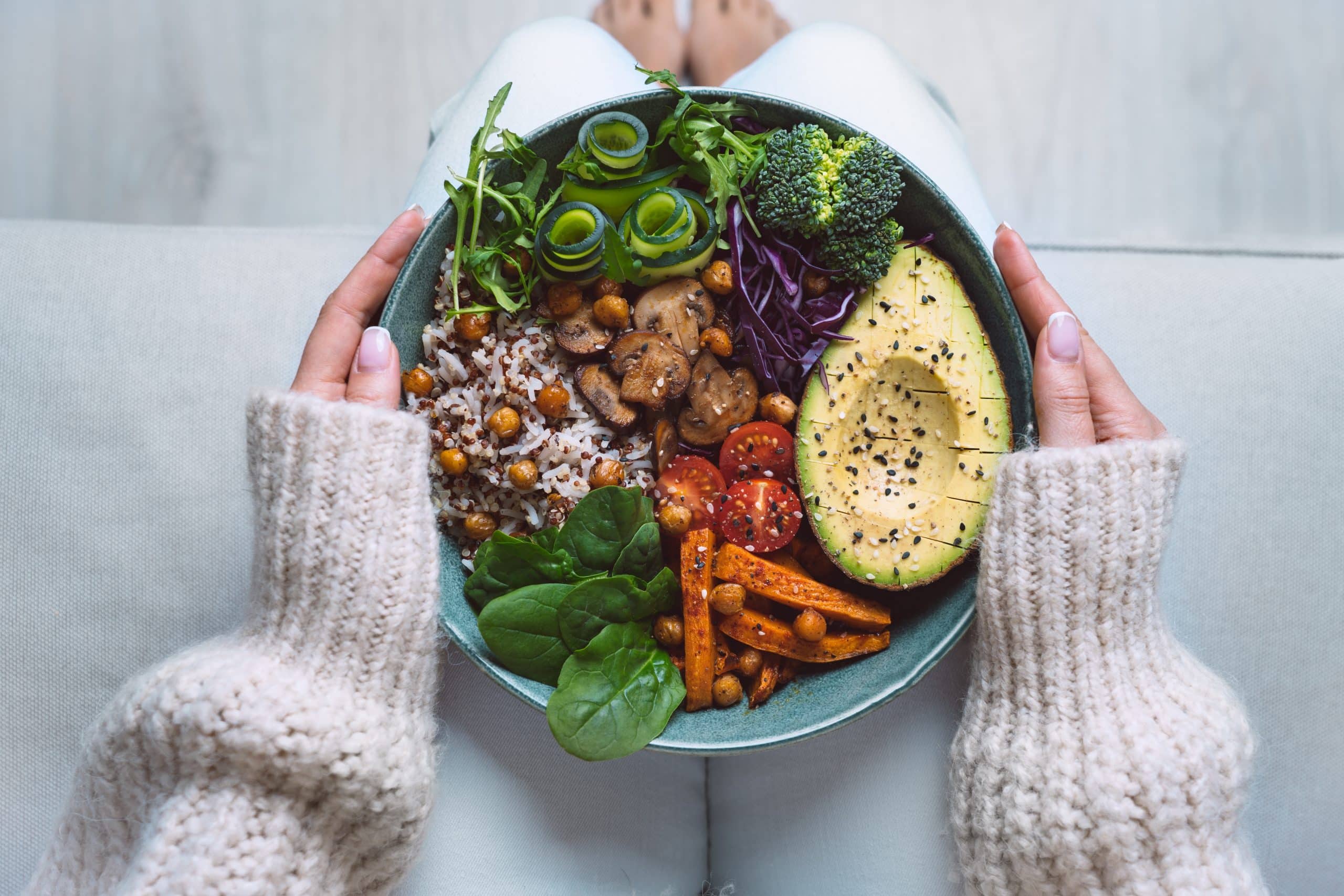Japan is known for its rich culinary traditions and longevity-promoting lifestyles. They’ve introduced a distinctive twist with their Japanese banana diet. At the heart of this diet is a commitment to simplicity. The rules are easy to follow, which makes it feasible for those who are looking for a sustainable lifestyle switch.
A Japanese breakfast banana diet is literally like going bananas for bananas. This popular diet has taken the world of diets by storm due to its basic rules. It requires that you eat only bananas for breakfast.
A Japanese couple developed this morning diet, which is aptly called the Japanese breakfast banana diet. Let’s look at more details about how this nature’s gift can help to elevate your health!
How Did the Japanese Breakfast Banana Diet Originate?
The ever-so-popular Japanese breakfast banana diet originally began in 2008 and was developed by a Japanese woman called Sumiko Watanabe and her husband Hamachi. Sumiko was a pharmacist and Hamaichi had a background in preventive medicine and Chinese medicine, and they formulated this diet together through their research (12).
They then shared the diet plan and their own experience on social media, and it went viral in Japan. Many Japanese people started to follow this diet, and gradually people from around the globe started learning about it. They called it the “Asa-Banana diet”.
Due to the immense popularity of this diet, the couple wrote a book on it detailing every aspect of the diet.
Dropping pounds by the dozens without putting yourself through the wringer is everyone’s weight loss pipe dream. But what if we told you that the BetterMe app can make that happen? Keep yourself in prime shape with our fat-blasting workouts, delicious budget-sparing recipes, and body-transforming challenges with our app!
What Is The Japanese Banana Breakfast Diet?
The Japanese breakfast banana diet involves eating bananas for breakfast on an empty stomach and drinking plain water. The key point is that you can’t have anything with the bananas, so your breakfast consists entirely of bananas. The bananas must be raw and preferably ripe. This means that cooked or frozen bananas are a complete no. It may seem quite extreme, but fear not, as this diet has no restrictions for lunch and dinner.
According to the rules set in the original diet, the quantity of bananas can be as many as you want (12). However, approximately seven and a half bananas will fulfill the recommended daily value of potassium. So ideally, fewer than seven bananas should be eaten (4).
Individuals with medical conditions should consult a registered dietitian before they start a Japanese banana diet plan. For example, people with kidney disease should keep away from bananas as the high potassium levels can harm their kidneys (1).
After consuming bananas and room temperature water, if your hunger is still not satiated, then eating something after around 30 minutes is allowed. In some versions of this diet, bananas can be substituted with other fruits or even rice. Warm water or room-temperature water can be consumed in a preferred quantity (6).
After 15 minutes, any fruit juice can be consumed, such as orange juice. Dairy products are not recommended on this diet.
This diet is flexible as there are no calorie counts, so lunch and dinner can be anything you wish. This enables you to increase your fruit intake and eat as per your hunger cues.
Keep a check on how hungry you feel and stop eating when you feel full, at around 80%. This ensures that you’re never 100% full. Another rule is to eat long before bedtime and eat dinner at around 8 p.m. to curb any midnight cravings and snacking.
Sleeping early is recommended on this diet as a good night’s sleep helps with weight loss. It’s a good idea to keep a diet journal to track your intake and results (11).
Does the Japanese Banana Diet Really Work?
The effectiveness of the Japanese breakfast banana diet has not been verified. There is quite limited research on this diet plan. However, the reviews and experiences of people after following this diet are positive. The positive weight loss results are largely due to bananas being rich in nutrients and fiber and the fact that they can make you full longer and curb cravings. They contain prebiotics that improve the gut flora, while the fiber content assists bowel movements.
As per the International Glycemic Index Database, bananas have a low glycemic index, particularly green unripe bananas. This means that blood sugar spikes will not occur after ingesting bananas (5). A rather significant factor is the presence of resistant starch in bananas, as this resistant starch is not easily digested. It also reduces carbohydrate absorption, so glucose is released slowly into the blood. This enables you to feel full for longer and ultimately helps with weight loss (3) (9).
The Japanese breakfast banana diet mainly focuses on eating moderately following your hunger cues and cutting down on eating late at night with bananas as the sole breakfast item. Overall, this technique enables mindful eating that helps with weight loss. Even when they follow this diet, some people tend to overeat at lunch or dinner, as there are no strict rules regarding these meals. As a result, they may miss out on the weight loss benefits of this diet.
Although there is an absence of research on the effectiveness of the Japanese banana diet, the positive results of numerous people following it, the low glycemic index, and the presence of resistant starch make it quite likely that this diet works. Incorporating a workout plan with this diet will enhance the results and make it more successful for weight loss.
Read more: Why Stop Eating Oatmeal – A Breakfast Revolution
Is It Good to Eat a Banana for Breakfast?
The myriad benefits of bananas, specifically that they are nutrient-rich and fiber-dense, make them a healthy item for breakfast and snacks. People used to eat oats or porridge for breakfast, but now the general trend has shifted away from these breakfasts as many people have understood that the anti-nutrients in them outweigh all the benefits.
Vegan breakfast recipes have become increasingly popular and there is now an inclination toward fruits and protein-rich diets.
Adding bananas to the plan gives a much-needed kick-start to your metabolism early in the morning. They provide an energy boost as they’re rich in sugars and the resistant starch helps you feel full for longer (3) (9). The consumption of bananas also fulfills a large part of the daily requirement of minerals and vitamins, which keeps you energized for longer while helping to improve your health.
What Are the Benefits of a Japanese Banana Diet?
Following the Japanese banana diet can have several benefits as bananas are a superfood. Limiting overeating and eating only as per your hunger cues keeps a check on your caloric intake (8).
Some of the benefits of this diet include:
- Flexibility: This diet plan is flexible and can be tailored to suit anyone.
- Simplicity: The rules are simple and easy to understand and implement.
- Metabolism: This diet kick-starts your metabolism early in the morning, which provides you with benefits throughout the day.
- Weight loss: The rules are simple yet effective as they rely on hunger cues and prioritize early dinner. These steps minimize overeating and snacking is kept to a minimum (2).
- Gut health: The prebiotics and resistant starch in bananas can boost gut health (3) (9).
- Inexpensive: This diet is relatively cheap as bananas are an inexpensive fruit and they’re readily available.
- Increased Insulin Sensitivity: Bananas are low glycemic index foods, so they don’t cause sugar spikes and increase sensitivity to insulin.
Bananas are rich in potassium, magnesium, and fiber, in addition to other nutrients that can improve immunity and health. It’s important to understand that while some people find success with the Japanese banana diet, individual responses to the diet may vary. A sole reliance on one type of food for weight loss objectives may not provide a balanced and sustainable approach to nutrition.
Want to build an attention-grabbing bubble butt, blast away fat that’s stored in all the wrong places, spring-clean your diet, turn back the clock on your skin, skyrocket your self-confidence and shatter your insecurities? Check out the BetterMe app and set this plan in motion!
Are There Any Japanese Breakfast Banana Diet Side Effects?
Some aspects of a banana diet are concerning as they may potentially cause side effects. This is basically due to the diet focusing only on one fruit and leaving an open end for lunch and dinner.
Some of the side effects include:
May Aggravates Kidney Issues
The focus of this diet is the consumption of bananas, which are rich in potassium and magnesium. Potassium causes kidney issues to worsen as kidneys fail to excrete the excess potassium, resulting in hyperkalemia (14).
May Cause Allergic Reactions
In rare cases, allergic reactions to bananas have been observed. Some individuals experience itchiness and headaches with bananas, so this diet would only worsen their reactions (14).
May Result in Protein Deficiency
It’s recommended to eat a protein-rich breakfast for muscle repair and body functions. Certain foods, such as meat and some plant-based options, give our bodies all the amino acids they need, and we can’t make these on our own. As a fruit, bananas don’t provide all these amino acids (3).
May Cause Dietary Problems
Some people tend to have issues with bananas due to fiber. Consuming fiber on an empty stomach may cause gas and bloating, which can further aggravate digestive issues (5).
The premise of this diet is based on eating bananas for breakfast and eating anything you want for lunch and dinner. Some people tend to overdo it at lunch and dinner due to the lack of set rules for these meals. This can result in an unbalanced diet, which is not healthy and deteriorates well-being (7).
Read more: 4 Keto Quiche Recipes for a Savory Breakfast
FAQs
Does eating bananas on an empty stomach reduce belly fat?
Belly fat is one of the most difficult fat deposits to lose. Belly fat reduction is possible through a combination of a healthy balanced diet and proper workouts. Eating bananas on an empty stomach has many benefits, one of which is that they make you feel full for longer, which helps with weight loss.
Although bananas are good for metabolism and eating them on an empty stomach has various benefits, only relying on having bananas to reduce belly fat is not helpful. Eating bananas on an empty stomach will make you feel full for longer, but to reduce belly fat, a proper workout regimen and a balanced diet are required (2).
What is the most eaten breakfast in Japan?
Traditionally, the Japanese consume steamed rice and miso soup with special omelets or grilled fish as breakfast foods. Another food item that is popular at breakfast is natto, which is made from fermented soybeans. Together with pickles and some side dishes, these breakfast items are still popular in Japan. Rice with miso soup and Japanese eggs are still the most-eaten breakfast food items in Japan (10) (13).
Is it OK to eat only bananas every day?
Bananas are rich in fiber and natural sugars and are also packed with vitamins and minerals. As they’re rich in potassium and magnesium, bananas help with bone and heart health. Eating bananas daily is healthy and recommended, except for those with kidney conditions. Bananas do not provide the whole set of nutrients, so eating only bananas will not account for a balanced diet (7).
Pairing bananas with other food items to create a balanced and healthy meal is a far better option than only eating bananas. In addition to the nutrient imbalance this would create, bananas cannot fulfill the protein requirements. Proteins are essential for muscle growth and body functions. Eating bananas daily is beneficial and recommended, but eating nothing else is not advisable.
DISCLAIMER:
This article is intended for general informational purposes only and does not serve to address individual circumstances. It is not a substitute for professional advice or help and should not be relied on for making any kind of decision-making. Any action taken as a direct or indirect result of the information in this article is entirely at your own risk and is your sole responsibility.
BetterMe, its content staff, and its medical advisors accept no responsibility for inaccuracies, errors, misstatements, inconsistencies, or omissions and specifically disclaim any liability, loss or risk, personal, professional or otherwise, which may be incurred as a consequence, directly or indirectly, of the use and/or application of any content.
You should always seek the advice of your physician or other qualified health provider with any questions you may have regarding a medical condition or your specific situation. Never disregard professional medical advice or delay seeking it because of BetterMe content. If you suspect or think you may have a medical emergency, call your doctor.
SOURCES
- 5 Foods to Avoid with Kidney Disease and Diabetes (2023, healthline.com)
- Are Bananas Good for Weight Loss and Reducing Belly Fat? (2022, medicinenet.com)
- Bananas (n.d., hsph.harvard.edu)
- Can eating more than six bananas at once kill you? (2015, bbc.com)
- Do Bananas Cause Gas? (2020, healthline.com)
- How to of the morning banana diet (2008, asabanana.net)
- Is Eating a Banana a Day Healthy? (2010, livestrong.com)
- Japanese Banana Diet For Weight Loss: Know-How Is It Different From Other Diets (2019, onlymyhealth.com)
- Resistant starch and protein intake enhances fat oxidation and feelings of fullness in lean and overweight/obese women (2015, pubmed.ncbi.nlm.nih.gov)
- Top 5 Japanese Breakfasts (2023, tasteatlas.com)
- The Morning Banana Diet (2021, webmd.com)
- The Morning Banana Diet Originator Profiles (2008, asabanana.net)
- The World of Japanese Breakfast Food (2021, sakura.co)
- What Are The Benefits Of Eating Banana On Empty Stomach? (2023, oladoc.com)










